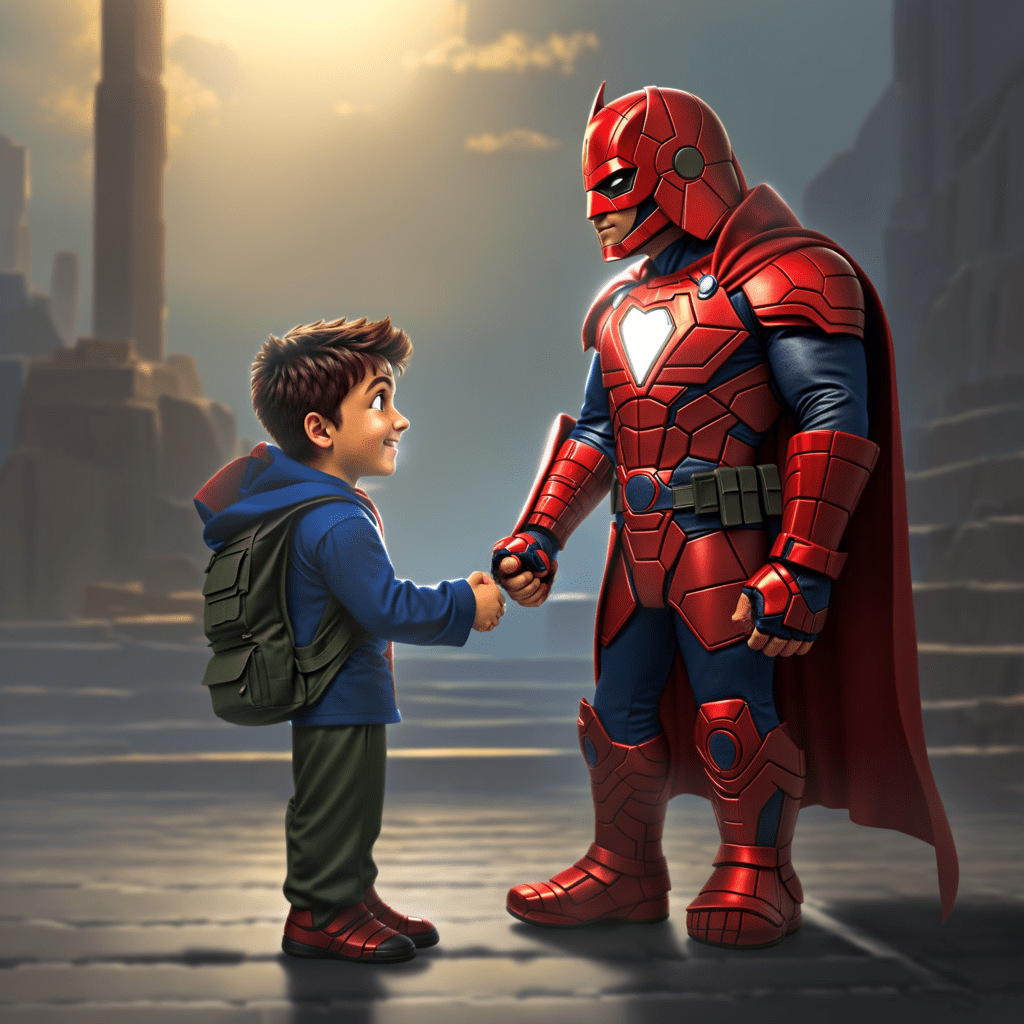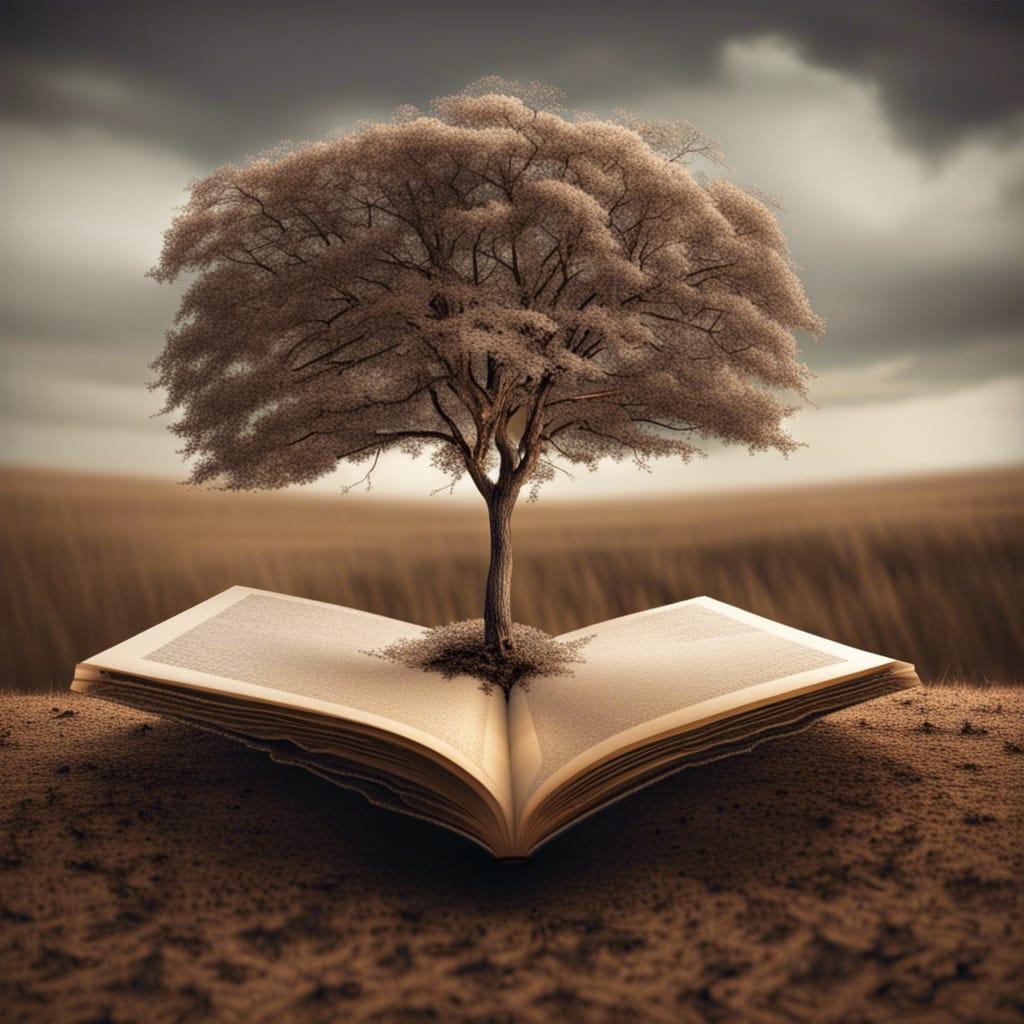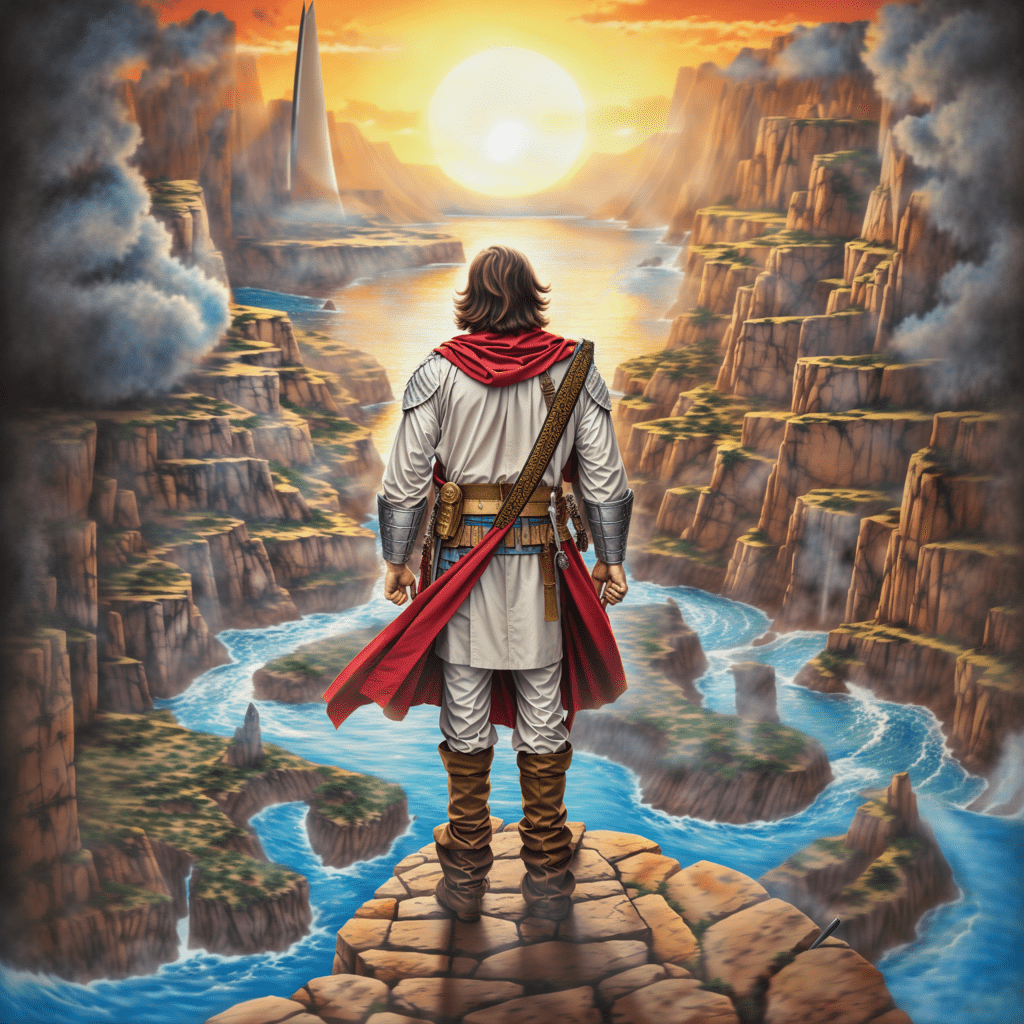The Hero’s Journey is a narrative structure that has been used in literature and film for centuries. It is a pattern that follows the journey of a hero as they embark on an adventure, face challenges and obstacles, and ultimately return home transformed. It is often seen as a universal story that resonates with audiences because it reflects the human experience of growth, change, and self-discovery.
Understanding the Hero’s Journey is important for writers. It provides a framework for crafting compelling and engaging stories. By following the stages outlined here, writers can create a narrative arc that keeps readers hooked and invested in the protagonist’s journey. It will help readers to connect with your characters and their struggles, and to find meaning in the narrative.
Key Takeaways
- The Call to Adventure marks the beginning of the journey and sets the hero on their path.
- Crossing the Threshold represents the hero leaving their ordinary world and entering the unknown.
- The Road of Trials presents challenges and obstacles for the hero to overcome, leading to growth and transformation.
- Meeting the Mentor provides guidance and inspiration to the hero.
- The Ultimate Ordeal is the final battle.
- The Return concludes the journey.
The Call to Adventure: The Beginning of the Hero’s Journey
The Call to Adventure is the first stage. It is the moment when the hero is presented with a challenge or opportunity that sets them on their journey. The Call to Adventure can come in various forms, such as a message, a dream, or a sudden event. It often disrupts the hero’s ordinary life and pushes them out of their comfort zone.
Examples of the Call to Adventure in literature and film include Frodo Baggins receiving the One Ring in The Lord of the Rings, Harry Potter receiving his acceptance letter to Hogwarts School of Witchcraft and Wizardry, and Luke Skywalker receiving a message from Princess Leia asking for help in Star Wars.
The Call to Adventure is an important stage because it sets the story in motion and establishes the hero’s motivation for embarking on their journey. It creates a sense of urgency and excitement, and it introduces the conflict that the hero will face throughout their journey.
Crossing the Threshold: Leaving the Ordinary World
Crossing the Threshold is the second stage. It is the moment when the hero leaves their ordinary world behind and enters into a new and unfamiliar world. This can be a physical crossing, such as entering a new land or realm, or it can be a metaphorical crossing, such as entering a new state of mind or consciousness.
Examples of Crossing the Threshold in literature and film include Alice falling down the rabbit hole in Alice’s Adventures in Wonderland, Dorothy being swept away by a tornado in The Wizard of Oz, and Neo taking the red pill and entering the Matrix in The Matrix.
Crossing the Threshold is a crucial stage because it represents the hero’s commitment to their journey. It is a point of no return, where the hero leaves behind their old life and embraces the challenges and adventures that lie ahead. It is a moment of transformation and growth, as the hero steps out of their comfort zone and into the unknown.
The Road of Trials: Challenges and Obstacles Along the Way
The Road of Trials is the third stage. It is the series of challenges and obstacles that the hero must face on their journey. These trials can take various forms, such as physical battles, emotional struggles, or moral dilemmas. The Road of Trials tests the hero’s skills, courage, and determination.
Examples of the Road of Trials in literature and film include Harry Potter facing various tasks in the Triwizard Tournament in Harry Potter and the Goblet of Fire, Katniss Everdeen participating in the Hunger Games in The Hunger Games, and Odysseus facing numerous obstacles on his journey home in The Odyssey.
The Road of Trials is a crucial stage because it represents the hero’s growth and development. It is through these challenges that the hero learns important lessons, gains new skills, and becomes stronger. The Road of Trials also serves to build tension and suspense in the story, as readers wonder how the hero will overcome each obstacle.
Meeting the Mentor: The Importance of Guidance and Wisdom

Meeting the Mentor is the fourth stage. It is the moment when the hero encounters a wise figure who provides guidance, support, and wisdom. The mentor can be a person, an animal, or even an object. They serve as a source of knowledge and inspiration for the hero.
Examples of Meeting the Mentor in literature and film include Harry Potter meeting Albus Dumbledore in Harry Potter and the Philosopher’s Stone, Luke Skywalker meeting Obi-Wan Kenobi in Star Wars, and Frodo Baggins meeting Gandalf in The Lord of the Rings.
Meeting the Mentor is an important because it provides the hero with the tools and knowledge they need to succeed on their journey. The mentor often gives the hero advice, teaches them new skills, and helps them to overcome their fears and doubts. The mentor also serves as a moral compass for the hero, guiding them on the right path.
The Ultimate Ordeal: Facing the Greatest Challenge
The Ultimate Ordeal is the fifth stage. It is the moment when the hero faces their greatest challenge or obstacle. This challenge is often a life-or-death situation that tests the hero’s courage, strength, and resolve. The Ultimate Ordeal is a make-or-break moment for the hero, where they must confront their fears and overcome their limitations.
Examples of the Ultimate Ordeal in literature and film include Harry Potter facing Lord Voldemort in Harry Potter and the Deathly Hallows, Luke Skywalker facing Darth Vader in Star Wars: Episode VI – Return of the Jedi, and Frodo Baggins facing Gollum at Mount Doom in The Lord of the Rings: The Return of the King.
The Ultimate Ordeal is a crucial because it represents the hero’s transformation and rebirth. It is through this ordeal that the hero proves their worth and earns their place as a true hero. The Ultimate Ordeal also serves to build suspense and tension in the story, as readers wonder if the hero will be able to overcome this final challenge.
The Return: Bringing Back Gifts and Lessons Learned
The Return is the sixth and last stage. It is the moment when the hero returns home or to their ordinary world, bringing back with them gifts or lessons learned from their journey. These gifts can be physical, such as a treasure or a magical object, or they can be intangible, such as wisdom or enlightenment.
Examples of the Return in literature and film include Harry Potter returning to Hogwarts after defeating Lord Voldemort, Luke Skywalker returning to the Rebel Alliance after destroying the Death Star, and Odysseus returning to Ithaca after his long journey in The Odyssey.
The Return is an important because it represents the hero’s integration back into society. It is a moment of celebration and triumph, as the hero is welcomed home as a hero. The Return also serves to bring closure to the story, as loose ends are tied up and the journey comes to an end.
The stages of the Hero’s Journey include the Call to Adventure, Crossing the Threshold, the Road of Trials, Meeting the Mentor, the Ultimate Ordeal, and the Return. Each stage represents a different aspect of the journey and contributes to their growth and transformation. The journey is a powerful narrative structure that continues to be used in contemporary literature and film because it resonates with audiences and allows writers to explore universal themes and ideas.

